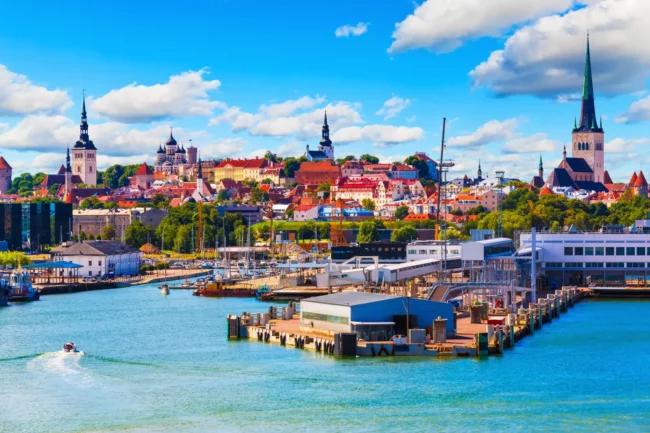The 11 Travel Habits That Seem Fine But Can Get You in Trouble
… licensing can also void your travel insurance, leaving you financially … 106 unruly incidents involved intoxicated travelers, accounting for approximately 12% of …
Loitering in Overcrowded Tourist Spots
Loitering in Overcrowded Tourist Spots (Image Credits …










